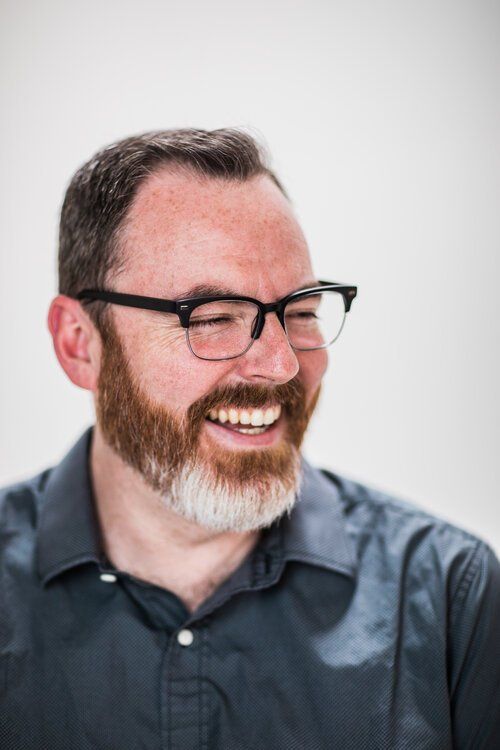Mike McHargue is a communications expert and science advisor that specializes transforming complex ideas into entertaining stories. He’s a co-founder of Quantum Spin Studios, the communications and production company that helped Marvel expand the MCU into a multiverse and helped Mythical teach people about the science of friendship.
Mike wrote two bestselling books: Finding God in the Waves, and You’re a Miracle (and a Pain in the Ass). He’s has been featured in The Atlantic, The New York Times, The Washington Post, NPR, The Huffington Post, and scores of other notable publications.
Mike hosted the popular podcasts Ask Science Mike and The Cozy Robot Show, and was a host on The Liturgists Podcast. Mike left The Liturgists in 2019, and retired from public work in 2021.
Mike lives in Los Angeles, CA with his wife Jenny, and his daughters Madison and Macey.






